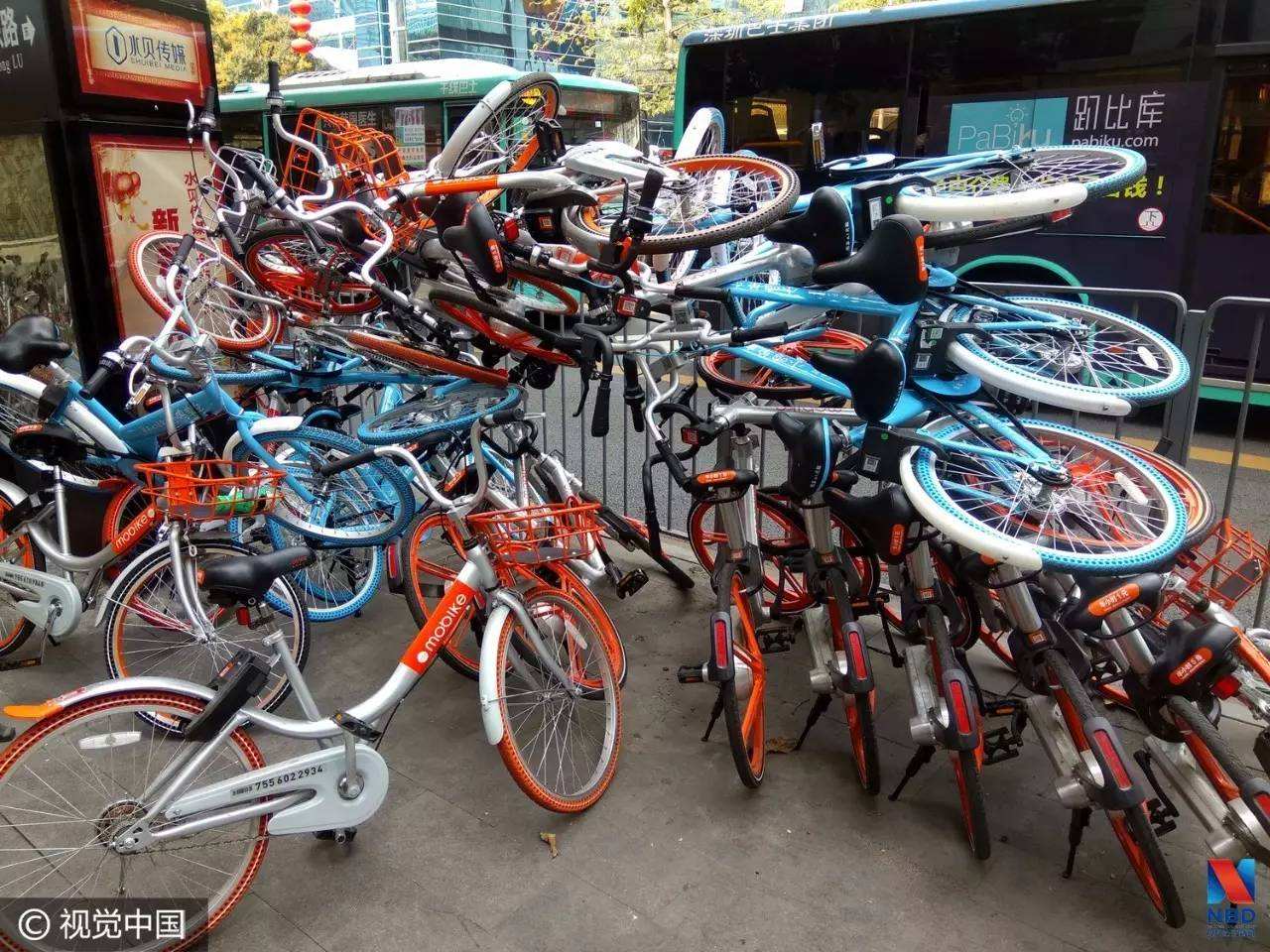
Mobike, the Chinese bike-sharing company whose bycicles now line the streets of China’s major cities, has been awarded the 2016 Social Enterprise Awards, a prize that goes to the best social enterprises of the year. The awards, which are in their first year, were jointly organized by the Social Investment Forum and China Social Enterprise. The criteria for receiving the recognition include a company’s social mission, social impact, business model, innovation, sustainability and human resources. A total of 21 enterprises, also including Livcon Hospital, CFPA Microfinance and Lingxi, received the awards, which range in category from environmental resources and online industries to care for the elderly and financing.
Over the last year a variety of bike-sharing apps have exploded in Chinese cities, Mobike being one of the most popular. The apps allow users to comfortably rent a bike and pay for it through their smartphones. A number of problems have however emerged, including large numbers of bikes being abandoned and misappropriated, and complaints about bikes being parked inappropriately and obstructing the traffic. Piles of discarded bikes have even appeared on the pavements of some cities.
After the Social Enterprise Awards were announced, many began questioning the appropriateness of Mobike receiving the award. Zhang Yixun, a writer for Philanthropy Forum, recently wrote an editorial reminding us that the definition of a social enterprise is a company that uses business methods to solve social issues. Zhang rhetorically asks: “how is providing a bike-sharing system solving a social issue?”
He goes on to point out that the real social issue here is not that people cannot afford bicycles or that there is a shortage of available bicycles. The real issue is that there is no room for bicycles on clogged roads, there is no space to park bicycles, and there is no space for cyclists on the cycling paths. He goes on to say that bike sharing systems like Mobike have in fact added to social issues in Chinese cities, where the hap-hazardous parking and operation of their bicycles has turned into a headache for urban management officials.
Moreover, critics argue that the management and business models of bike-sharing systems do not qualify them as social enterprises. This is because of the way they use the internet to match supply with demand, all the while making a profit. Zhang concludes that “it is perhaps the Social Enterprise Awards that need Mobike”.



